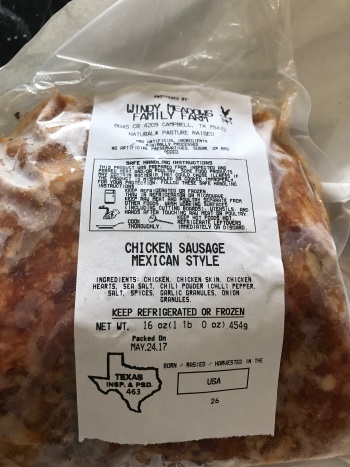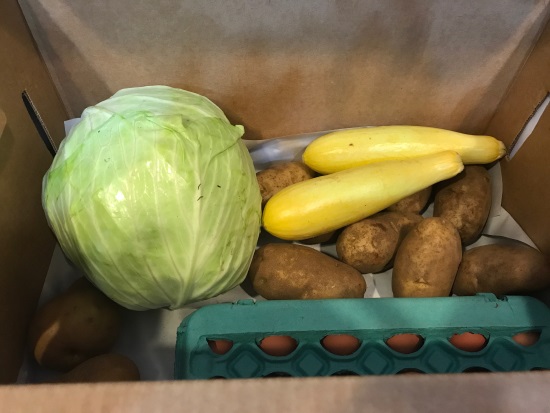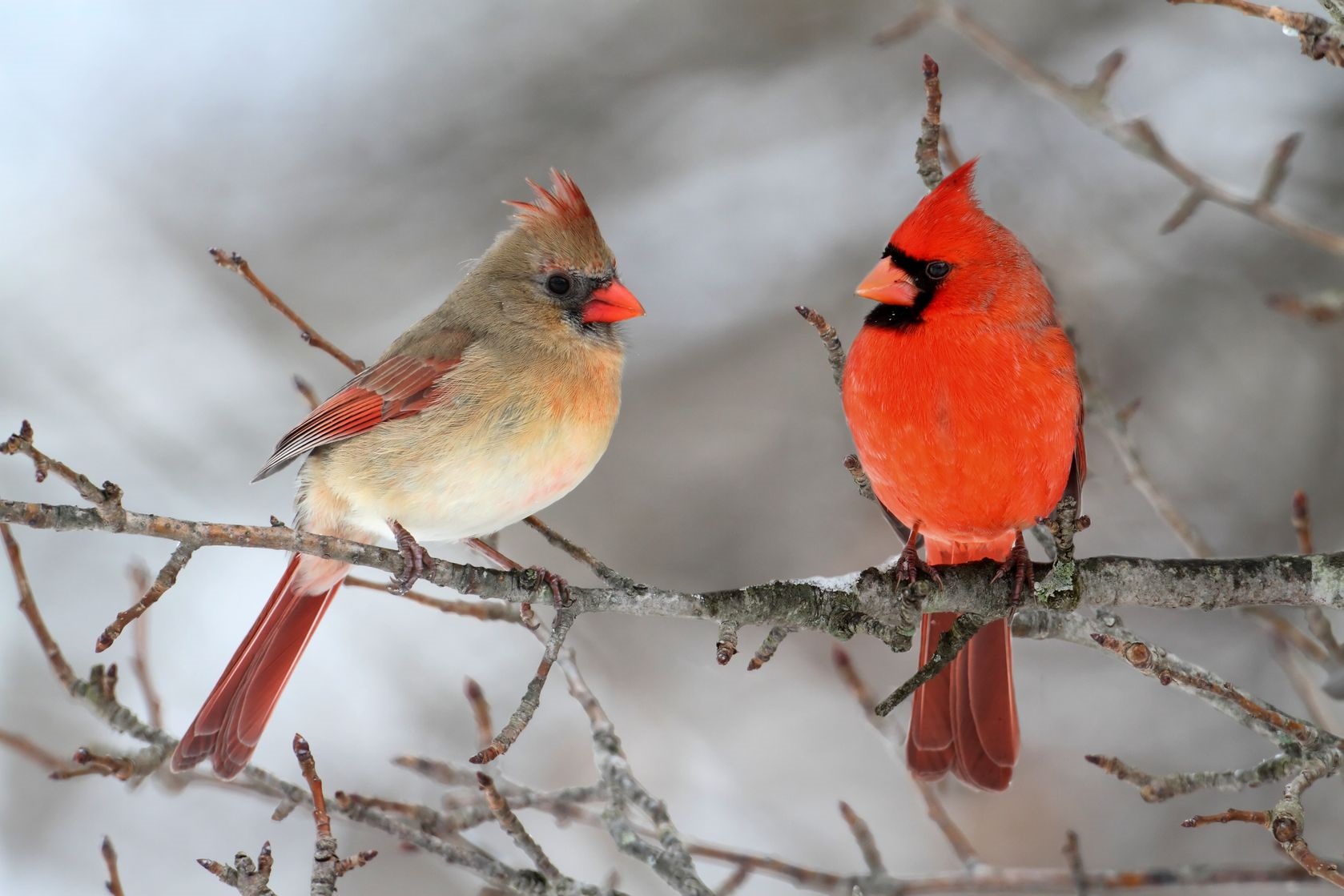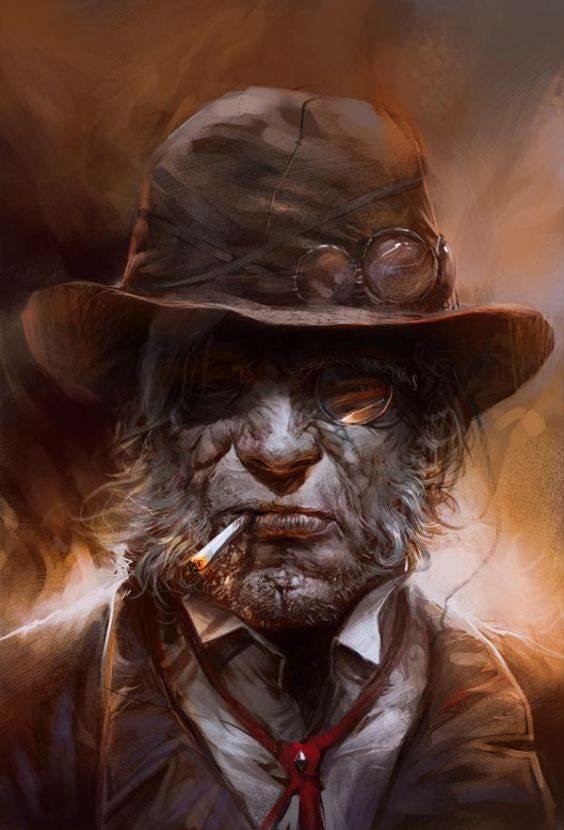 He’s waiting there, at the edge of the parking lot, in the spaces where flitters and aircars are parked nose-to-nose with family-sized SUV’s, the end of a cigarette between his teeth. His skin is weathered, his hat is likely as old as he his, but his eyes, faded blue – like old denim – are gentle. It shows his age, but he’s got a bolo-tie strung round the collar of his shirt.
He’s waiting there, at the edge of the parking lot, in the spaces where flitters and aircars are parked nose-to-nose with family-sized SUV’s, the end of a cigarette between his teeth. His skin is weathered, his hat is likely as old as he his, but his eyes, faded blue – like old denim – are gentle. It shows his age, but he’s got a bolo-tie strung round the collar of his shirt.
“Señor, are you the one we are meant to meet? The Helper?”
The woman holding the envelope of cash in both trembling hands can’t be more than sixteen. Maybe seventeen. But she has two little ones clinging to her cotton skirt and her eyes are ages old, and hold too much knowledge for ten lifetimes, let alone one.
He knows her type: Single mother by circumstance rather than choice. Probably from one of the remaining ranches in southwest Texas. Not that the One Earth government acknowledges ‘Texas’ as anything but a geographic reference, these days.
“Sí,” he answers, keeping his craggy voice soft and gentle. “You need to get Across, I’ll get you there, you and the wee ones, too.” He pauses, takes in her gaunt face and the way the kids’ lips are pale and cracked. “When’s the last time any of you ate?”
“We had bread with us, but the train driver took it away. The water… we could not pay.”
Of course, they couldn’t pay for water. Mag-train fountains require a credit chit. This woman has only cash money. It’s a miracle she could even get boarding passes.
“Come with me.”
He leads them through the parking lot and into an all-night diner. It isn’t anything special, but the food is hot and cheap, and most important – real. No texturized this or reconstituted that.
“Four for breakfast,” he tells the hostess. “Is Sam working today?”
“I’ll put you in her section.”
They are hustled to a booth in the back, and Sam – her glossy black hair woven into countless braids – appears within seconds. “Coffee?” It was her customary greeting.
He glances at the woman across from him. Sees her hesitant nod. “Two, with cream. And chocolate for the kids.”
“Gotcha.” She fills coffee mugs, pours hot chocolate from her other pot, leaves menus, and disappears again, though not before she admonishes him: “You know you can’t smoke in here.”
He sighs and pinches out his cigarette between a calloused finger and thumb. Then he sips from his mug of coffee. “Protein,” he says after a beat. “The hot cakes here are amazing, but you’ll want protein to cushion your systems. I’m guessing you’ve never Flown before?” He says it with a capital-F, so they know he means a ship and not a plane.
“No señor. We have been earthbound. We never planned to leave, but the government took more and more of our ranch. Took the cows, took the children’s dog. Took my Julio, too.”
He reassesses the young woman’s age. Maybe she’s older than he thought. Yeah. More like twenty. Still, too young. Too damned young.
They order eggs and bacon and fried potatoes, and all of them eat with quiet urgency. Sam comes back once to refill mugs, and a second time with the check and four water bottles. “Kids eat free on Tuesdays,” she says, giving him a knowing look.
They all know it’s Friday, but they accept her gift.
“Gracias,” the young woman whispers. “Mil gracias.”
Sam grips her shoulder briefly, a sign of encouragement. “Don’t be afraid,” the waitress says. “This one will take care of you.”
They head out the back way, climb into his truck, and take the old road out to the municipal launch pad. It’s a long trip. The kids are asleep before they’ve hit the half-way point. Their mother finally closes her eyes when they’re two hours out.
He lights another cigarette as soon as she does.
His ship is waiting, older than dirt but sound, even so – waiting in the light of false dawn. He hates to wake the sleeping family, but there’s no time for dallying. “Okay, everyone,” he puts as much energy as he can muster into his voice. “We’re here. As soon as the ramp is down, you’ll cross the tarmac. Make sure you have everything with you.”
In the early-morning sun, the pavement is not yet hot, and you can’t tell that there are places on the ship’s hull that have been patched and re-patched over the years. The hatch opens with the press of his remote. The ramp unfolds with aching slowness, stretching toward the ground like an old man flexing his limbs first thing in the morning.
“Go on in,” he tells his sleepy passengers. “Get comfortable. I won’t be long.”
He watches the three figures scurry across the tarmac and into the ship. His ship. It’s been his life these last several years. The second pick-up truck shows up a few minutes later, parking next to him, so the driver-side windows are adjacent. The other driver is young, bright-eyed, optimistic.
“You sure about this?” The younger man’s voice is full of concern. “Never thought you’d be making a one-way trip.”
“It’s time,” the old man answers. “Long since. I got a grandkid waiting for me. Promised to take me fishing at the Underground Sea.” A faint smile flits across his leathery face. He clears his throat. “Nothing left for me here, since Hildy’s gone.”
“You’ll be missed.”
“Doubtful.”
The younger man sighs. “Alright. Whatever. You got the money?”
“IDs first.”
A Manila envelope is handed from window to window, and the old man takes his time, untwisting the strings on the clasp, pulling out the documents and examining them. Three chits, each with the photo he’d provided. His own ID was legal; his departure approved months before.
“All good,” he says. He passes over the envelope of cash. “I’ll wait while you count it.”
“No need.” The younger man takes a beat. “You will be missed,” he repeats.
The old man merely inclines his head. It isn’t the time or place to argue. He cuts the engine on his truck, offers the keys across. “Take these. Give the truck to someone who needs it. Doesn’t look it, but she’s got another decade in her, easy.”
The younger man hesitates, but eventually does as he’s asked. “I promise.”
He waits for the other man, the young one, to leave before he stubs out the cigarette he’s been smoking, leaves his own vehicle, and boards the ship. His passengers are already buckled in. Their bags are stowed. Good.
“Launch prep will take twenty minutes,” he says. “Trip will take six and a half days. Once we’ve cleared Earth’s atmosphere and are cruising, you can move around. There’s food replicators. A decent head. Sonic shower. I’ve got some games and vids in the back to keep you occupied.”
He brings up the ramp while he’s talking, punches in the prep sequence for launch. The computer’s warm tones ran under his speech.
– Oxygen mix completed. Outer hatches sealed. Inner bulkhead doors secured. –
“Okay, any questions?”
“Just one, Señor. You know that I am Claudia, and the children are Miguel and Rosa. If we are to be with you for all this time, por favor, what is your name?”
He is startled by the question. Thirty years of running refugees across the space from Earth to Mars, and not one has ever asked for his name. Maybe she’s the one passenger who can sense the truth. This trip is different. This trip is one-way.
He’s quiet for a moment. Giving her his name is… is permanent. Real. He’ll stop being ‘The Helper’ and become a person once more. His voice cracks as he answers, “Thomas. I’m Thomas Maxwell. You can call me Tom.”
The woman – Claudia – smiles at him, and it’s like a benediction.
“Mil gracias… Tom. Mil gracias.”
He looks away from the view-screen, meets her brown eyes with his own faded blue ones. “You’re very welcome, Claudia.”
About the author: Melissa A. Bartell
 Melissa is a writer, voice actor, podcaster, itinerant musician, voracious reader, and collector of hats and rescue dogs. She is the author of The Bathtub Mermaid: Tales from the Holiday Tub. You can learn more about her on her blog, listen to her podcast, or connect with her on on Facebook, Instagram, or Twitter.
Melissa is a writer, voice actor, podcaster, itinerant musician, voracious reader, and collector of hats and rescue dogs. She is the author of The Bathtub Mermaid: Tales from the Holiday Tub. You can learn more about her on her blog, listen to her podcast, or connect with her on on Facebook, Instagram, or Twitter.


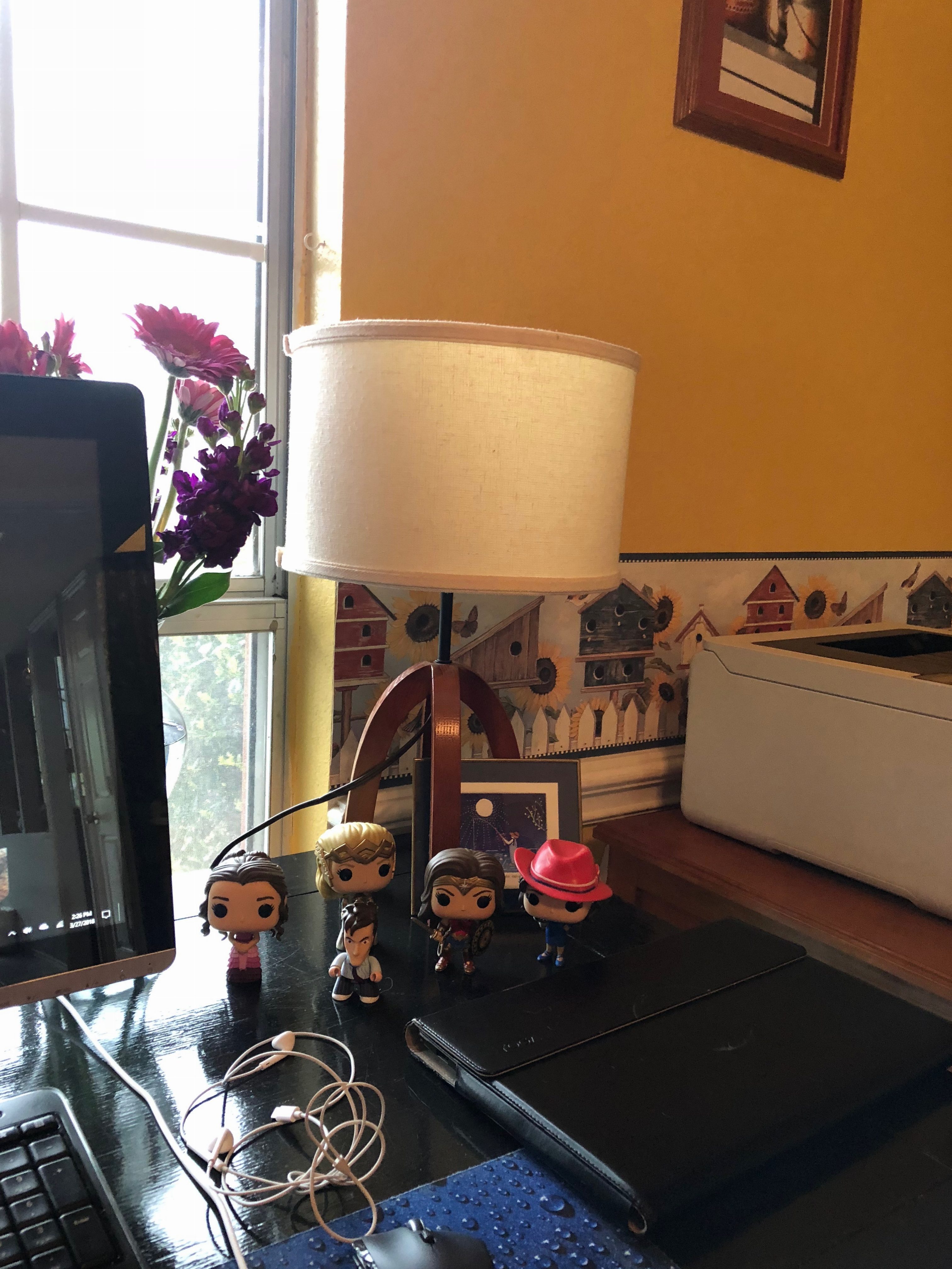 I’ve long been the kind of person who likes to switch things around from time to time. Changing the position of a chair, or a table, or a couch can change the energy of an entire room. For years, every time my husband went away on a work trip, he would beg me not to move furniture while he was gone. Partly, he didn’t want me to hurt myself, but partly, he didn’t want to come home to a house that had a different layout from when he left.
I’ve long been the kind of person who likes to switch things around from time to time. Changing the position of a chair, or a table, or a couch can change the energy of an entire room. For years, every time my husband went away on a work trip, he would beg me not to move furniture while he was gone. Partly, he didn’t want me to hurt myself, but partly, he didn’t want to come home to a house that had a different layout from when he left.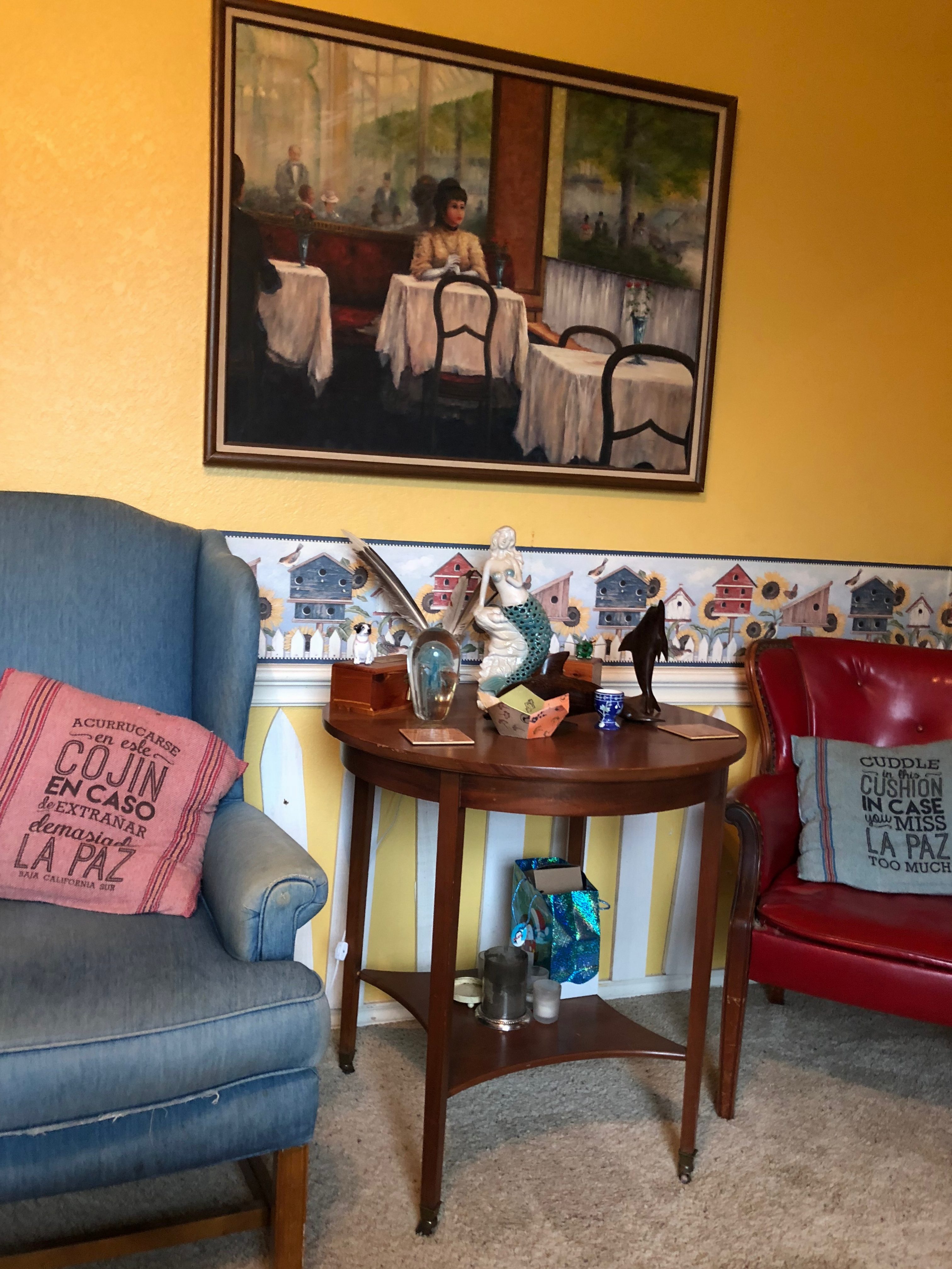
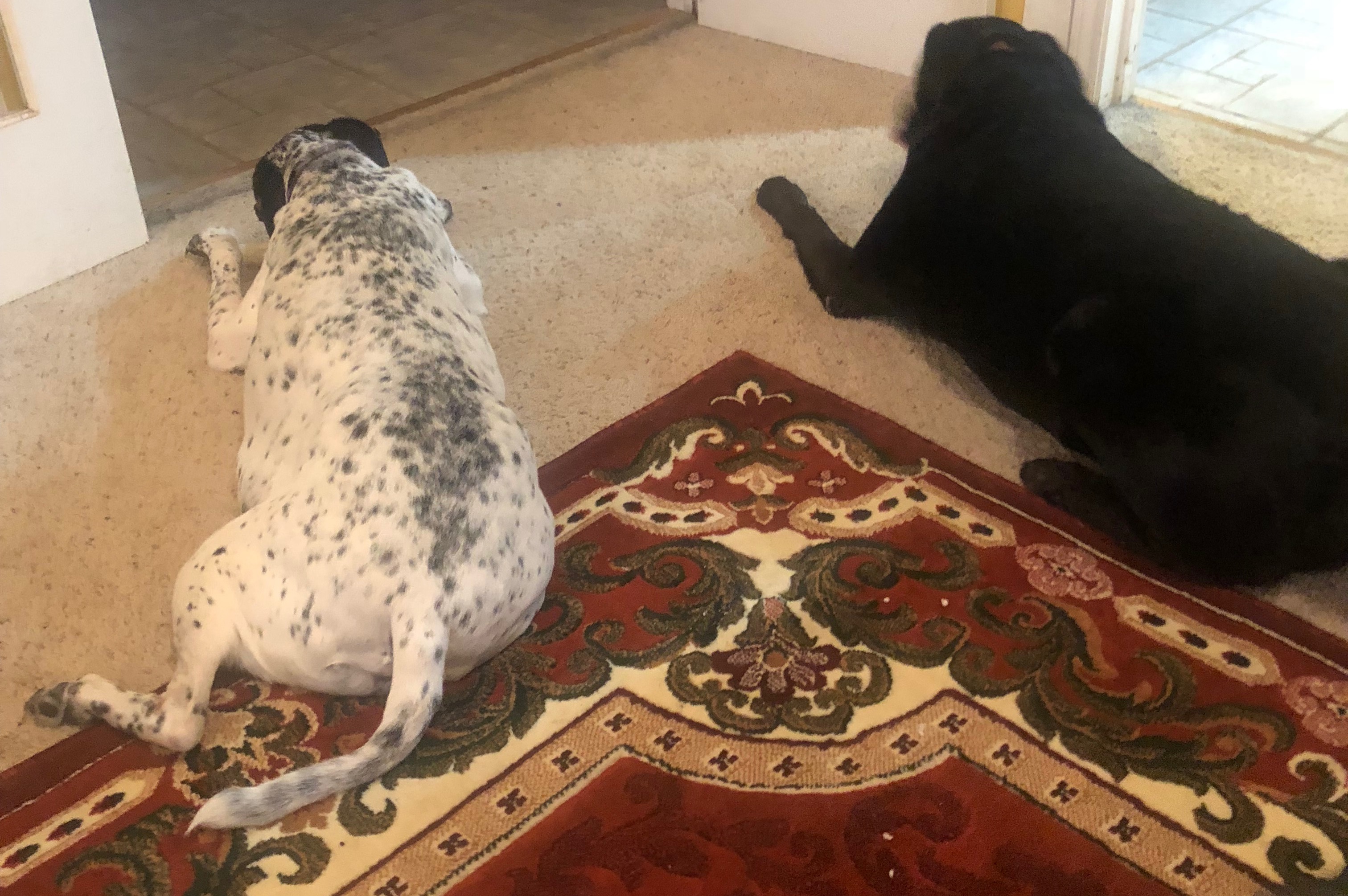


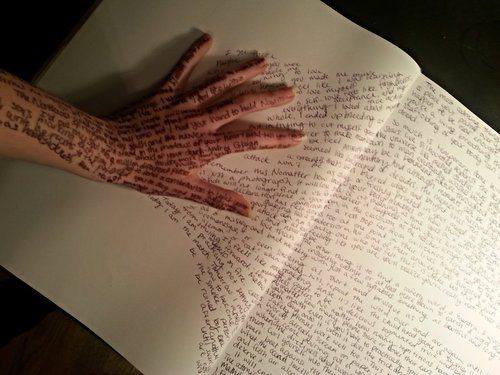
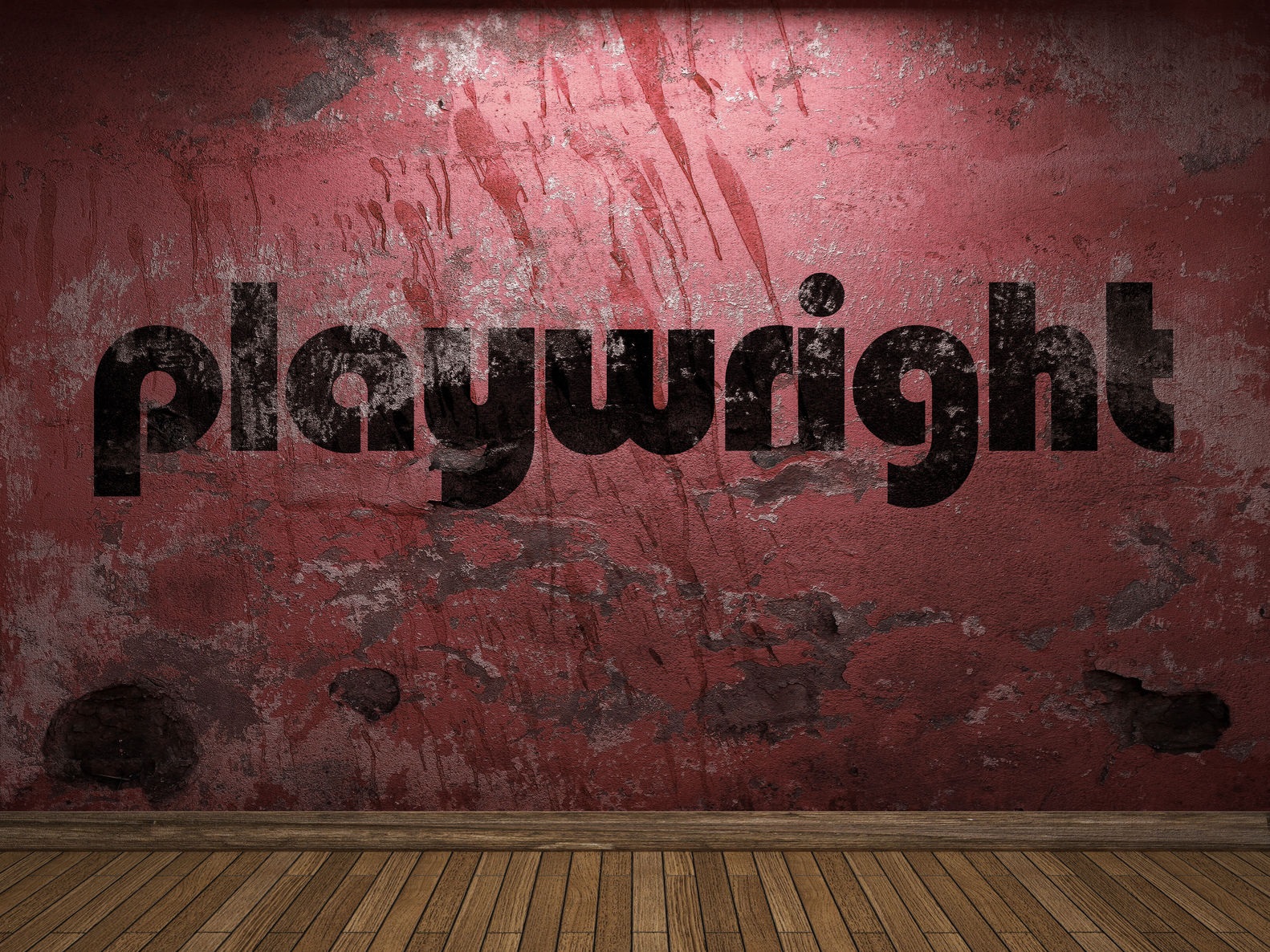



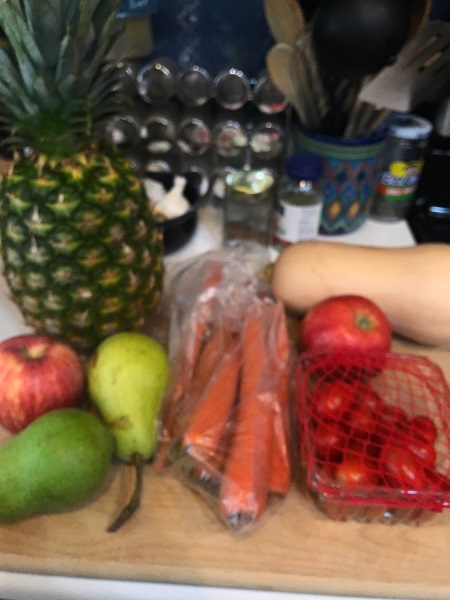 Nearly ten years ago, on another trip to South Dakota, we saw the number of family farms that had been bought by commercial soybean growers, and found an eerie response in the fact that the high school had been made smaller, and the population was going down.
Nearly ten years ago, on another trip to South Dakota, we saw the number of family farms that had been bought by commercial soybean growers, and found an eerie response in the fact that the high school had been made smaller, and the population was going down.